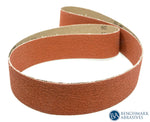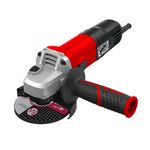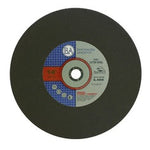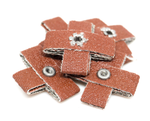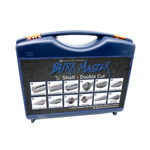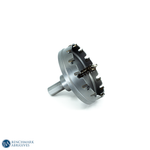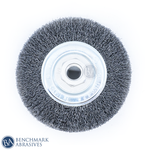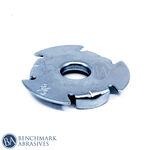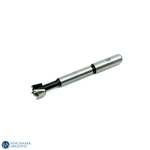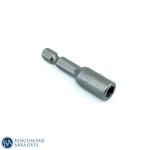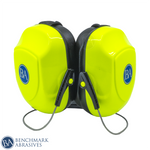Types of Hacksaw Blades

Hacksaw blades are used for cutting metal or hard plastic pipes. It is a handy and convenient cutter that precisely cuts objects. An accurate hacksaw blade with the proper tooth per inch and durable build is important to supply easy, straight, and precise cutting. Although every hacksaw works in the same way, there are differences within these tools' blades.
Types of Hacksaw Blades
On the idea of metal of the work, different types of hacksaw blades are utilized in a hacksaw. These are made from wolfram steel, hot-work steel, and that they are hardened and tempered.
Their classification depends on three points:
- Size of the blade.
- The number of dents cut on the blade per inch.
- Nature of the blade.
Following are the types of hacksaw blades:
Course Grade Hacksaw Blade
Hacksaw blades of this grade are employed to cut the thickness of low-carbon steel, copper, aluminum, and brass. It contains 14 to 18 teeth per inch.
Medium Grade Hacksaw Blade
This type of hacksaw blade is employed for cutting all types of metals like forged iron, alloy steel, aluminum, brass, high steel, etc. From 20 to 24 teeth per inch are cut during this hacksaw blade.
Fine Grade Hacksaw Blade
This type of hacksaw blade is especially used to cut thin pipes, sheets, tubes, etc.; it's 24 to 30 dents per inch.
Superfine Grade Hacksaw Blade
This hacksaw blade is used for cutting extraordinary solid metals and thin metal sheets. There are 30 to 32 dents per inch during this sort of hacksaw blade.
In all the hacksaw blades of varied grades mentioned above, teeth are cut on one or both sides.
Ail Hard Blade
Such blades are hardened and tempered only, except the ends having holes. These are used for cutting articles, forged iron or mold iron, etc.
Flexible Blade
Flexible blades are elastic, and there's less risk of their being broken. These blades are used for cutting thin sheets, pipes, curves, etc.

